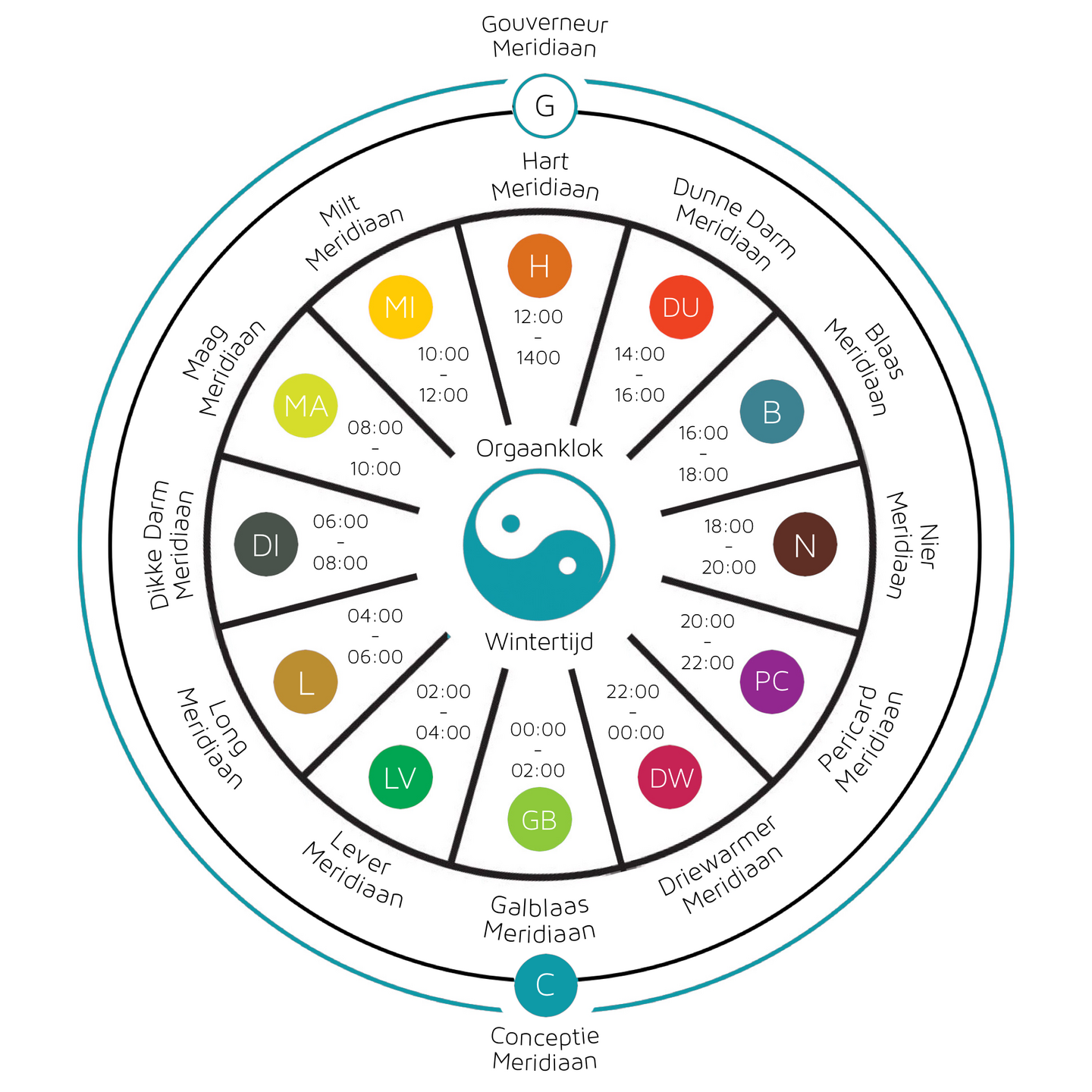There are no products in your shopping cart yet.
Menopause and poor sleep

A good night's sleep is essential for our well-being. However, many of us struggle with sleep issues, ranging from difficulty falling asleep to waking up frequently during the night. It's one of the most common reasons to start using our creams. Often, a hormonal imbalance is at the root of poor sleep. However, this problem is more complex than you might think, as several hormones, including insulin and cortisol, as well as progesterone and estrogen, can play a role.
Insulin and Sleep
Insulin is a hormone that helps regulate your blood sugar levels. When you eat something, your blood sugar rises, and your body produces insulin to lower your blood sugar and deliver nutrients to your cells. Fluctuations in your blood sugar throughout the day are normal, but too large swings can severely disrupt your sleep. A high intake of sugar or carbohydrates right before bed can lead to a spike in your blood sugar, followed by a rapid drop (hypo). This can cause you to wake up at night and have difficulty falling back asleep, or you may sleep very lightly. In most cases, you'll feel quite tired the next day.
Tips to balance your insulin for better sleep:
-
Avoid heavy meals and sugary snacks right before bedtime. Also, avoid these during the day if you're a problematic sleeper. Large blood sugar spikes during the day can lead to restless blood sugar levels all night. Only eat sugar as part of a meal and not on an empty stomach (so no fruit either).
-
Opt for a light, protein-rich snack if you want to eat something right before bed.
-
Don't eat too often. Every time you eat, your pancreas has to work to produce insulin. When you've been eating almost all day for years, you may develop insulin resistance. Your body produces insulin, but it can no longer reach your cells. Your body starts making more insulin without any effect. Most of what you eat is then stored as fat, and it's a precursor to type 2 diabetes.
-
Take Berberine for a while to help your blood sugar become healthy.
Cortisol and Its Influence on Sleep
Cortisol is known as the stress hormone. Normally, your cortisol level is highest in the morning and decreases towards the evening, preparing you for sleep. However, chronic stress can lead to elevated cortisol levels, which can disrupt your sleep pattern. People with high cortisol levels often wake up between 1 and 3 a.m.
Tips to lower your cortisol levels for better sleep:
-
Create a relaxing bedtime routine, such as taking a warm bath or meditating.
-
Limit your exposure to blue light from screens before bed. The impact of an evening on your phone, tablet, or laptop on your sleep is often underestimated. Alternatively, buy special glasses.
-
Take nutritional yeast flakes before bedtime (and during the day if necessary). This is the most absorbable form of vitamin B1 and immediately calms the nervous system.
-
Is there anything you can do about the stress in your life? Are there choices that can be made? Try to reduce stressful situations and thoughts through mindfulness or yoga, for example.
Hormonal Changes During Menopause and Sleep
Menopause brings significant hormonal changes, particularly in progesterone and estrogen levels. These changes can significantly impact your sleep.
Progesterone and Sleep:
Progesterone is known for its calming effect on the body. It also influences sleep quality. It acts as a natural anxiolytic, meaning it can reduce anxiety and promote relaxation. This makes it easier to fall asleep and experience deep, restorative sleep. However, during menopause, progesterone levels decrease. This can contribute to sleep problems such as difficulty falling asleep, frequent waking during the night, or a feeling of restlessness during sleep. These hormonal changes can lead to reduced sleep quality and general fatigue during the day. It has also been shown that a decrease in progesterone can be associated with an increased incidence of sleep apnea, a condition in which breathing repeatedly stops and starts during sleep.
Estrogen and Sleep
Estrogen also affects sleep. This hormone plays a role in regulating the sleep cycle and helps maintain a stable body temperature. During menopause, estrogen levels decline, which can result in hot flashes and night sweats. These symptoms can disrupt sleep by making the sleep environment less comfortable, leading to frequent waking and difficulty falling back asleep. Even if you no longer have hot flashes, low estrogen can reduce sleep quality. In addition to physical symptoms, a decrease in estrogen can also lead to psychological effects such as mood swings, anxiety, and depression. These factors can indirectly affect sleep by making it harder to relax and fall asleep. Furthermore, estrogen has been shown to influence the production of serotonin, a neurotransmitter involved in regulating sleep and mood. Reduced serotonin levels can contribute to sleep problems and an increased risk of depression during menopause.
How to Optimize Hormonal Balance:
-
Ensure regular physical activity, which can help reduce stress and stabilize hormone levels. Consider using the menopause cream to counteract the decline of progesterone and estrogen during menopause. Eat as healthily as possible.
-
Stress management. Make different choices. Reduce stress through relaxation techniques like yoga, meditation, or breathing exercises, as stress can decrease progesterone production.
-
Consider using the menopause cream. It also helps regulate other hormones.
The Organ Clock and Sleep Problems
Traditional Chinese medicine believes in the organ clock, a concept describing the 24-hour cycle of organ function in our body. According to the organ clock, specific times correspond to the peak activity of certain organs. This can explain why you wake up at specific times.
-
Difficulty falling asleep: It may be related to an imbalance in insulin or cortisol. High cortisol levels can make you feel too alert in the evening.
-
Waking up between 1 and 3 a.m.: This period is associated with the liver. Stress and high cortisol levels can disrupt liver function and interrupt your sleep.
-
Waking up between 3 and 5 a.m.: This time is associated with the lungs. It may be related to emotional stress and respiratory issues. Think of histamine intolerance as well.
-
Waking up between 5 and 7 a.m.: This time is associated with the large intestine. It may indicate a problem with your digestion and detoxification. Take Berberine for a while to get your intestines back in order.
-
Frequent urination: This may indicate a problem with your kidneys or bladder and can also be caused by elevated cortisol levels or insulin resistance.
Conclusion on Poor Sleep and the Influence of Hormones
Understanding the impact of insulin, cortisol, progesterone, and estrogen on your sleep can help you make targeted lifestyle changes. By keeping your blood sugar levels stable, managing your cortisol levels (stress), and optimizing your hormonal balance, you can significantly improve your sleep quality. The menopause cream can be a valuable addition to balancing these hormones, ultimately contributing to better sleep and a healthier life.
Sleep well!
 English
English





